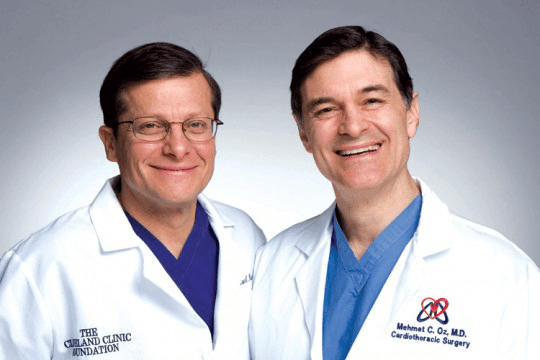
Q: I’ve had almost constant diarrhea since I got out of the hospital. They say I picked up an infection from a bug called C. difficile – difficult isn’t the half of it! Help! – Susan P., Moline, Ill.

A: That’s a dangerous and draining infection. And there’s been a 400 percent increase in the incidence (usually related to stays in hospitals and other health-care facilities) since 2000, likely from the existence of ever-stronger strains. But fortunately, docs have figured out an effective away to treat it: bacteriotherapy. We mentioned this last year, when people were still calling it a fecal transplant. But progress has been made, and in more ways than finding a better name for what is a safe and simple procedure. Bacteria (good and bad), which are essential for the balanced health of your gut, are extracted from donor stools (they used to think they needed to come from a spouse or family member) and introduced into the intestine of someone with C. difficile. Theses microbes then fight off the marauding bacteria.
 Labs process donor fecal matter, and it’s checked for risky infections – from HIV to hep C and more. Once it’s OK’d as clean (donors get blood tests, too) the resident bacteria are prepared to be introduced into your digestive tract. Remember, 60 percent of your stool is made up of bacteria!
Labs process donor fecal matter, and it’s checked for risky infections – from HIV to hep C and more. Once it’s OK’d as clean (donors get blood tests, too) the resident bacteria are prepared to be introduced into your digestive tract. Remember, 60 percent of your stool is made up of bacteria!
More and more clinics are popping up – from Portland to New York – that have pre-screened fecal bacteria in donor banks. The gold standard is to deliver the bacteria via a colonoscopy, so the whole colon can be recolonized and doctors can accurately evaluate the infection. In the U.S., insurance coverage varies; in Canada, it’s taken care of.
The success rate at curing C. difficile is more than 90 percent. And there are virtually no negative side effects. So run, don’t trot, to your doc for more info on whether this may be the answer for you.
– Dr. Michael Roizen & Dr. Mehmet Oz
© 2012 Michael Roizen, M.D. and Mehmet Oz, M.D. Distributed by King Features Syndicate, Inc.

